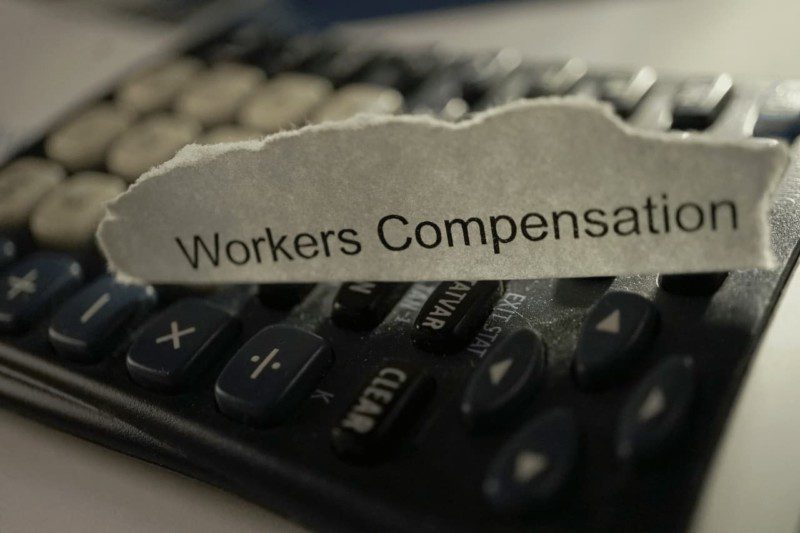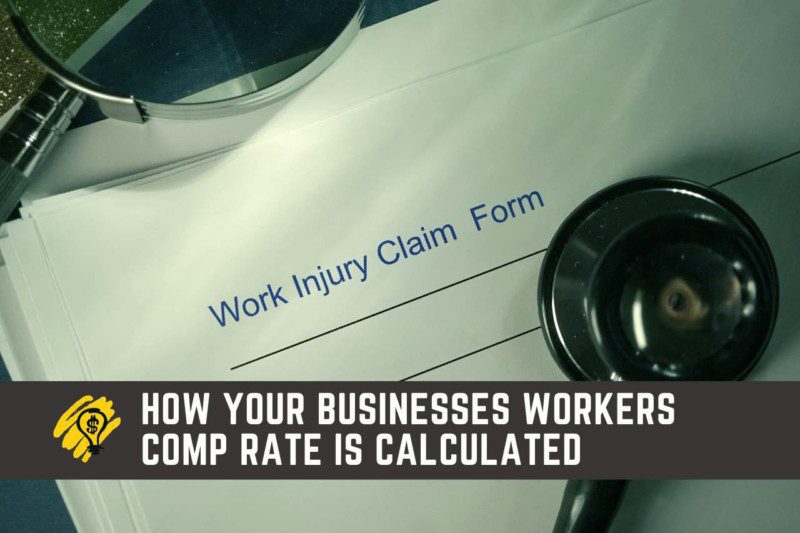Businesses workers comp is a type of insurance that provides coverage for injured employees on the job. In most states, businesses are required to have workers comp insurance. The rates for workers comp insurance are calculated based on several factors, including the business’ industry, the state where the business is located, the business’ safety record, and the company’s number of employees.
Learn about workers’ compensation and how workers’ comp rates are calculated using impactful factors for calculation.
What Is Workers Comp
Workers’ compensation is an insurance system that benefits employees who have become injured or ill due to their job. Benefits may include income replacement, medical expenses, and death benefits. Workers’ compensation is usually mandatory in almost all jurisdictions, meaning employers must provide their employee’s coverage.
In some cases, employees may be able to choose their own workers’ compensation insurer. Workers’ compensation is designed to protect both employees and employers from the financial burden of workplace injuries and illnesses.
Types Of Workers Comp
There are two main types of workers comp insurance: first-party and third-party. First-party workers comp insurance covers medical expenses and lost wages for employees that are injured on the job. Third-party workers comp insurance covers medical costs and lost wages for employees injured by someone else while on the job. The following factors are what determine how your comp rate is calculated.
Comparing Industries
When comparing industries, it’s important to note that businesses in specific industries, such as construction or manufacturing, are more likely to have injured employees than businesses in other industries, such as office work or retail. As a result, when comparing industries, firms in specific industries will typically pay higher workers comp rates than businesses in less dangerous ones.

The State Where The Business Is Located
When comparing industries, it’s also important to note that workers comp laws and regulations vary from state to state. Some states have more lenient rules and regulations than others. As a result, businesses in states with more lenient laws and regulations will typically pay lower workers comp rates than those with stricter rules and regulations.
The Business’ Safety Record
Businesses with good safety records typically pay lower workers’ comp rates than businesses with poor safety records. Companies with good safety records are less likely to have injured employees.
The Number Of Employees The Business Has
The more employees a business has, the greater the chance one will be injured on the job. As a result, companies with more employees will typically pay higher workers comp rates than businesses with fewer employees.
As you can see, business workers’ com rates are calculated based on several factors. By understanding these different factors, you can ensure that your business pays as low a rate as possible.
Comparing Industries With Workers Comp: In Closing
Although calculating workers’ comp rates can seem daunting, it is important to understand the specific details regarding your business to ensure you are getting the best possible rates. By understanding the factors that go into rate calculation, you can work with your insurance company to ensure you are getting the most accurate assessment and not overpaying for coverage. Thanks for reading.





